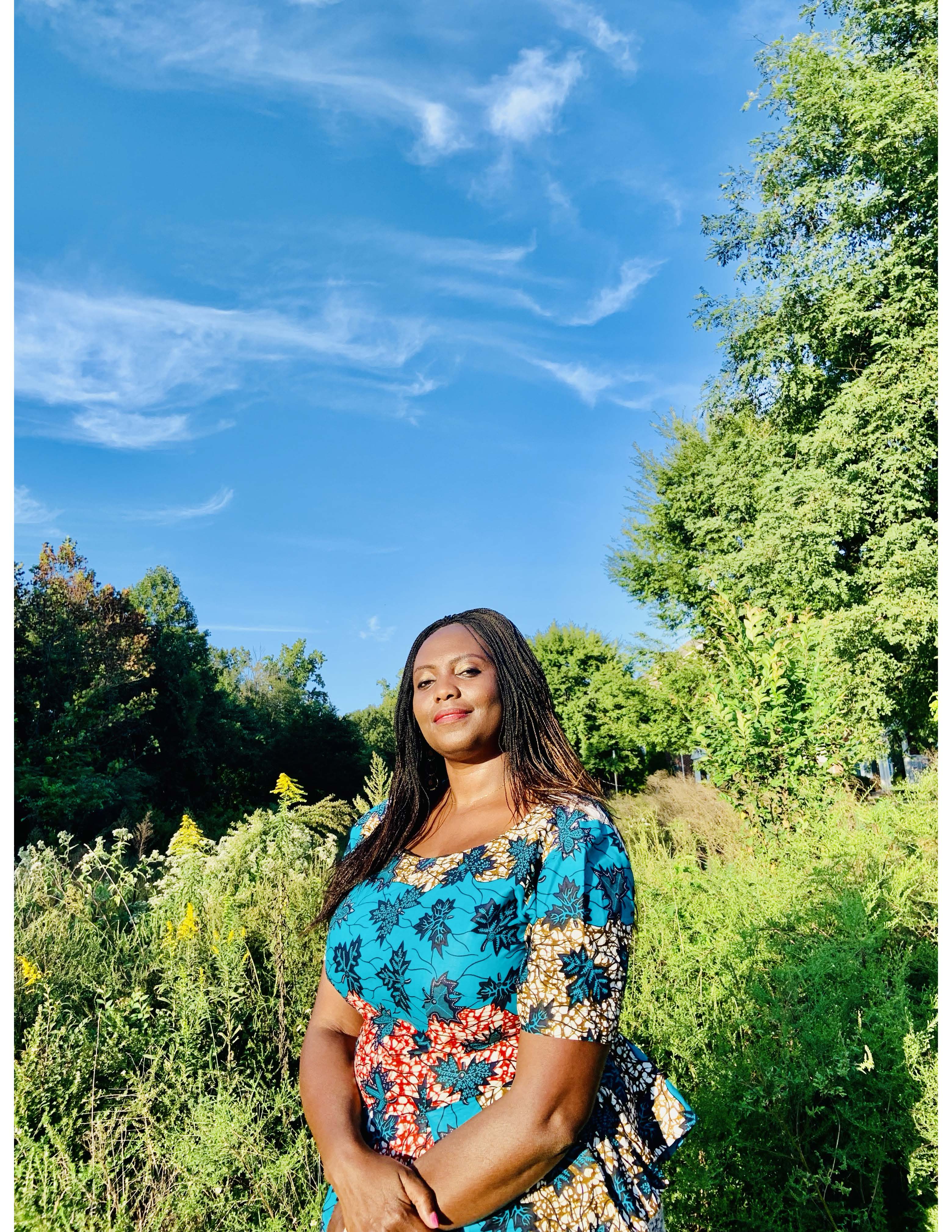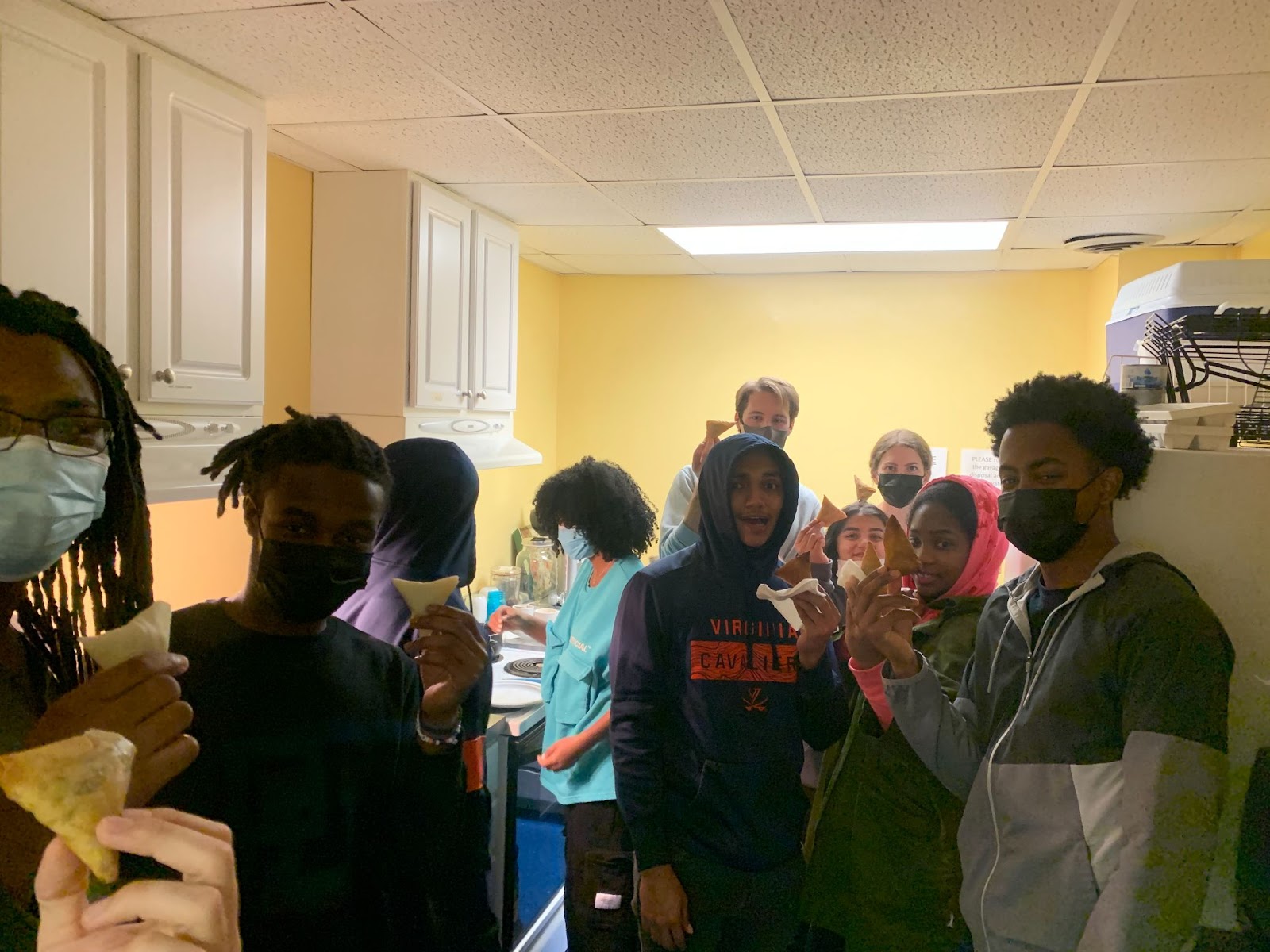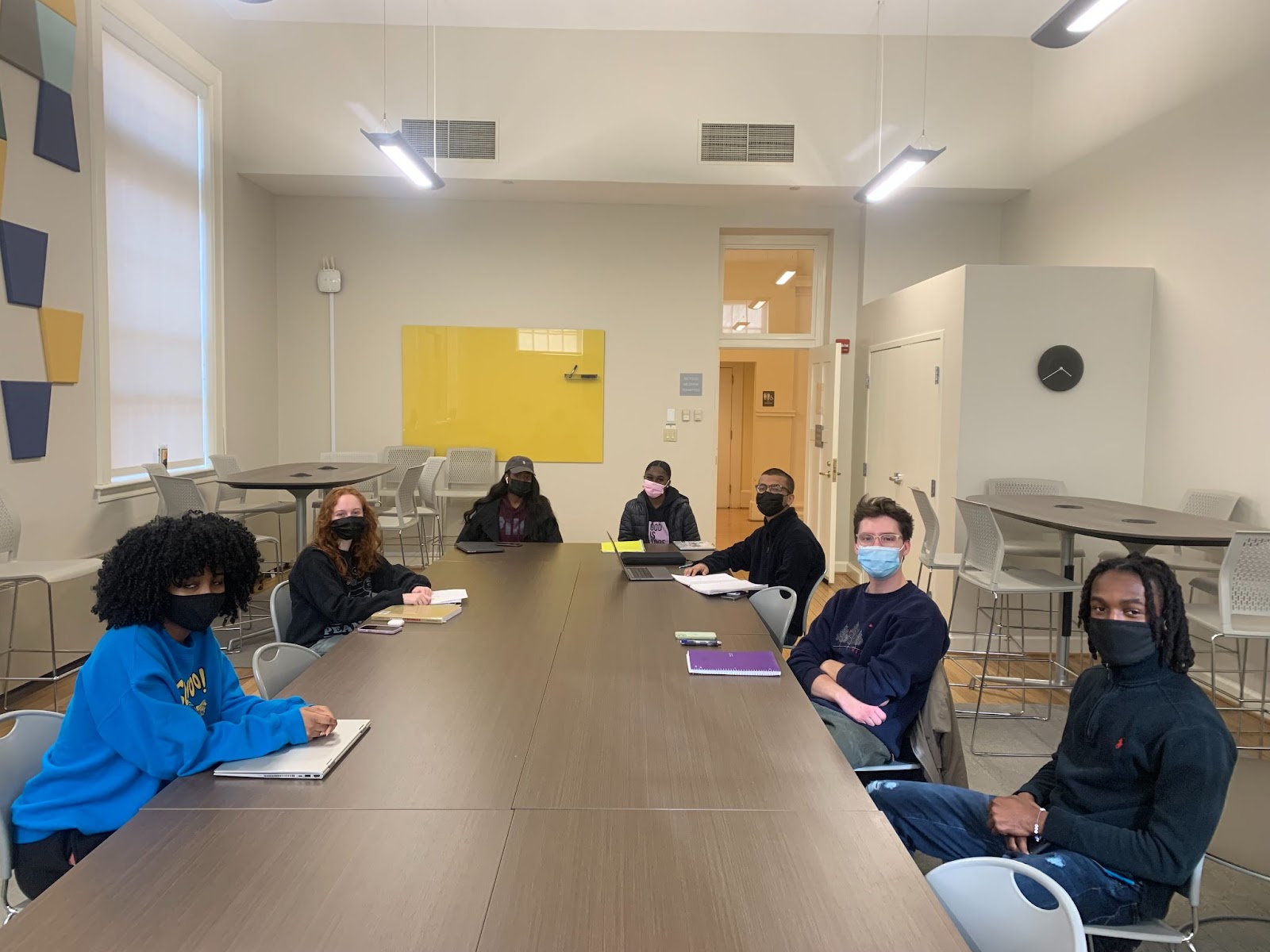Swahili Students in Action: Inside and Outside the UVA Classroom

Anne Rotich is an Assistant Professor of Swahili at the Carter G. Woodson Institute of African-American and African Studies in the College and Graduate School of Arts and Sciences at the University of Virginia. Ms. Rotich describes how she offers her students opportunities for meaningful and engaging experiences while working with the Charlottesville Swahili refugee immigrant community. This is a community that has made Charlottesville their new home after displacement from East Africa and southern African regions due to war and civil conflicts.
Prior to coming to America, most Swahili refugees lived in refugee camps and other host countries. Once they arrive in America, some have had to learn another language. The language barrier has added to their challenges in everyday living. Professor Rotich recognized the need and immediately began to research the best ways to engage and support the Swahili community in Charlottesville. In her Swahili courses, Professor Rotich has introduced a community engagement component by connecting Swahili community members with her students for mutually beneficial engagement.
While engaging in partnerships with the community, students have been able to enhance their Swahili language and cultural knowledge, and the community has benefited from resources that students produce and develop to solve their needs. At the beginning of the semester, students under the facilitation of Professor Rotich, meet with community partners and participate in different experiential activities. The purpose of the initial meetings is to discuss and identify needs and work together to find solutions. Even though the COVID 19 pandemic disrupted planned face-to-face activities, there were new opportunities that connected the students and community partners virtually. Some of the provided support includes translating documents from English to Swahili, particularly for the benefit of those with limited English proficiency. The documents include driver education questions, COVID-19 Safety/Informative documents, citizenship questions, local gardening forms and applications, and other documents at the request of local organizations. They also work closely with the local International Rescue Committee (IRC) in Charlottesville where some UVA students have volunteered to support the Swahili refugees in tutoring programs. Other mutually beneficial activities are listening and telling stories, cooking Swahili food, and even writing welcoming letters to new refugees as a way to help them feel welcome and familiar with the community. Last fall semester students made East African Samosas and traditional chai tea using imported Kenyan tea!

In addition to supporting the Swahili community in the area, UVA Swahili students have continued to gather for conversation tables where they meet weekly to converse in Swahili. At the end of the semester, Swahili students and community members are invited to watch a Swahili film and discuss the socio-cultural and political themes in the movie as they relate to the real life experiences of the community members.
One student had this to say about their experience:
“The two cultural events, Swahili cooking and film night, were also very enjoyable. It is a lot easier to learn a language when you immerse yourself into the culture. By cooking samosas and watching a Swahili film, the class was exposed to what Swahili people eat and how urban youths speak.”
On community partnerships and engagement, some students said:
“I translated a block of the citizenship questions. This was a good exercise in realizing challenges that immigrants face that we don’t always think of. It helped to build empathy and understanding toward the immigrant community I really enjoyed the community engagement aspect of our class, and it helped bring awareness to the Swahili community in Charlottesville and other challenges they face.”
“I was very appreciative of the conversation with the community member because she inspired me to become more involved in the Charlottesville immigrant community.”
“I translated an assigned Refugee Travel Document in Kiswahili. Before this project, I didn’t know how complicated Immigration papers are, even when one reads them, it is hard to comprehend what it is that they are asking for and how they expect it to be done when it is in a language they do not know.”
“I enjoyed talking to the members of the Swahili community, and I was able to connect to a lot of the issues that the community is facing to the same issues faced within my community where I come from.”
This semester, thanks to the lifting of COVID 19 restrictions, Swahili students with the help of tutoring fellow, Alexis Haskiell, are preparing for “Africa Day” a community-engaged event where local high school students, Swahili community members, and UVA students are invited to UVA Grounds to learn more about Africa and present a showcase of their work. Most of these community engagement activities have been made possible by support from the Carter G. Woodson Institute for African-American and African Studies, The Equity Center at UVA, and its Community-Engaged Teaching Program, among others.

- UVA Club of Pasadena: Hoo-liday Party
- UVA Club of Middle Tennessee: Hoo-liday Party
- UVA Club of Culpeper: Hoo-liday Party